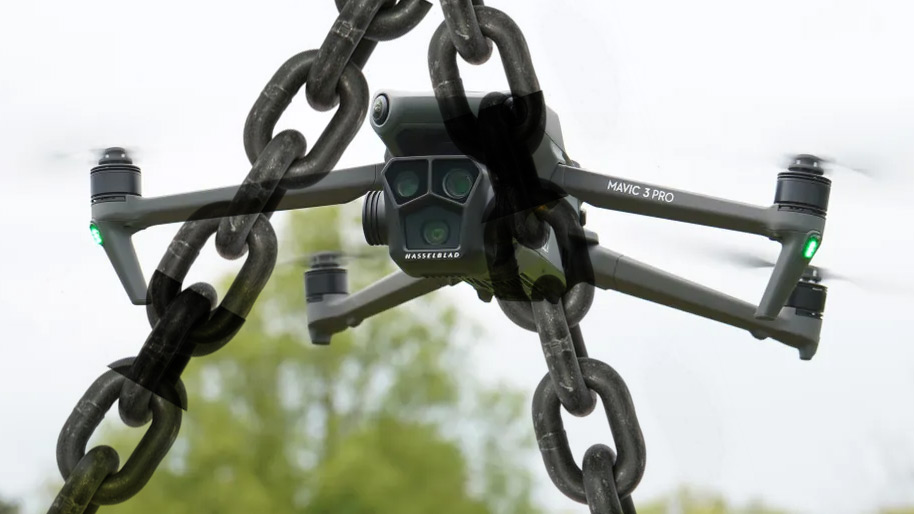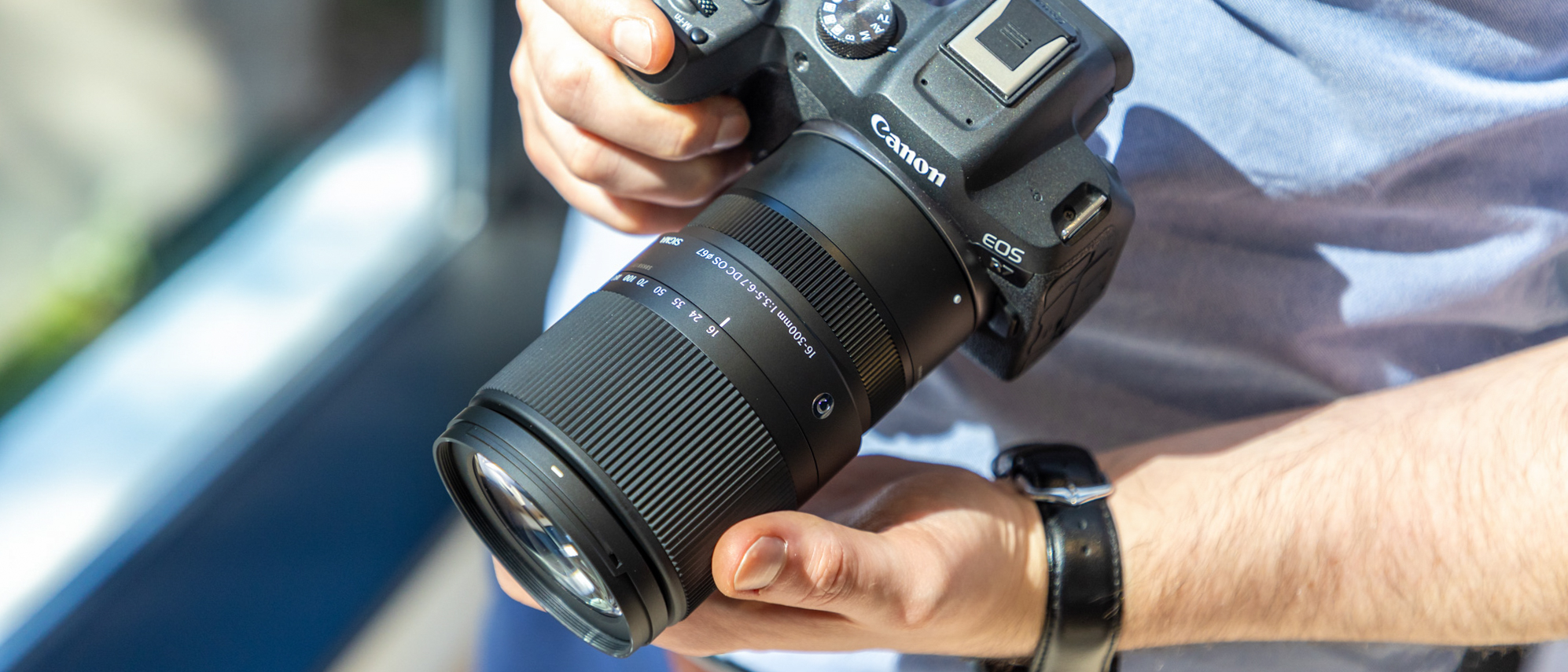Republicans voted against DJI drones in America—will the Democrats vote to save them?
The Republican-controlled House added tons of partisan amendments to a military funding bill, including one to ban drones...

The Republican-controlled House added tons of partisan amendments to a military funding bill, including one to ban drones. Now the law has passed to the Senate, which has a majority of Democrats.
Many DJI users hope that this means there is a chance the amendment will be reversed before the bill becomes law, but that is far from guaranteed.
The problem for DJI users is that, in reality, the "Anti CCP Drones Act" as now passed by the House of Reps – is supported by some Democrats (not all American politicians do as they're told by their party headquarters).
The framing of the rules are, for the most part, about appearing 'tough on China,' and it isn't fully clear that the politicians involved entirely understand how drones work, but the rules will prevent the FCC from licensing DJI products if enacted.
The widely spread 'danger' of Chinese drones is that data is exchanged with the home company, which is seen as a threat to the security of the USA because any Chinese company is beholden to the Chinese state.
More or less the same political argument was successfully used to persuade the same Republican-controlled House of Representatives to pass a bill requiring TikTok to sell its US division.
Unsurprisingly there are more than a few Democrats who also want to appear tough on China (and very few who care to understand that DJI's data connections do things like maintain the safety of US airports by hosting the FlySafe database). An example is Representative Raja Krishnamoorthi (D) of Chicago, who also co-sponsored the Preventing the CCP Drones Act.
Get the Digital Camera World Newsletter
The best camera deals, reviews, product advice, and unmissable photography news, direct to your inbox!
This is where politics becomes a big issue for the drone community as a whole. It is possible that the Democrats might want to make a stand and reverse all the amendments made in the house, but that's politically risky. It's an election year and, according to Pew, 8 in 10 Americans have anti-China sentiment.
Some rules are more than likely to stick, and although there are (according to the FAA), 864,000 drones in the USA, it's safe to bet that constituency isn't the one politicians are aiming at.
There are also some American drone companies which have spent a fair bit on lobbying, so while their products might not be as good as DJI's they might well have the support of certain key Senators. That is no doubt how things got this far.
All of which is to say, owners of any drone in the US should call their Senator NOW (it seems unlikely that restrictions on freedom will stop at DJI).
Many are already asking, "If the American DJI drone ban passes, what will happen to my drone?" Another serious question is "What drones will I be able to buy in America?"
(Even if she is unsuccessful with this ban, introducer Rep. Elise Stefanik has another already in the running innocuously called the Drones for First Responders Act which will effectively tax the importing of foreign drones beyond the point that first responders, or anyone else, can afford them).
Just see how many of the best camera drones are DJI or Chinese! (I had to take the only American one off the list when the company, Skydio, gave up selling to consumers).

With over 20 years of expertise as a tech journalist, Adam brings a wealth of knowledge across a vast number of product categories, including timelapse cameras, home security cameras, NVR cameras, photography books, webcams, 3D printers and 3D scanners, borescopes, radar detectors… and, above all, drones.
Adam is our resident expert on all aspects of camera drones and drone photography, from buying guides on the best choices for aerial photographers of all ability levels to the latest rules and regulations on piloting drones.
He is the author of a number of books including The Complete Guide to Drones, The Smart Smart Home Handbook, 101 Tips for DSLR Video and The Drone Pilot's Handbook.
